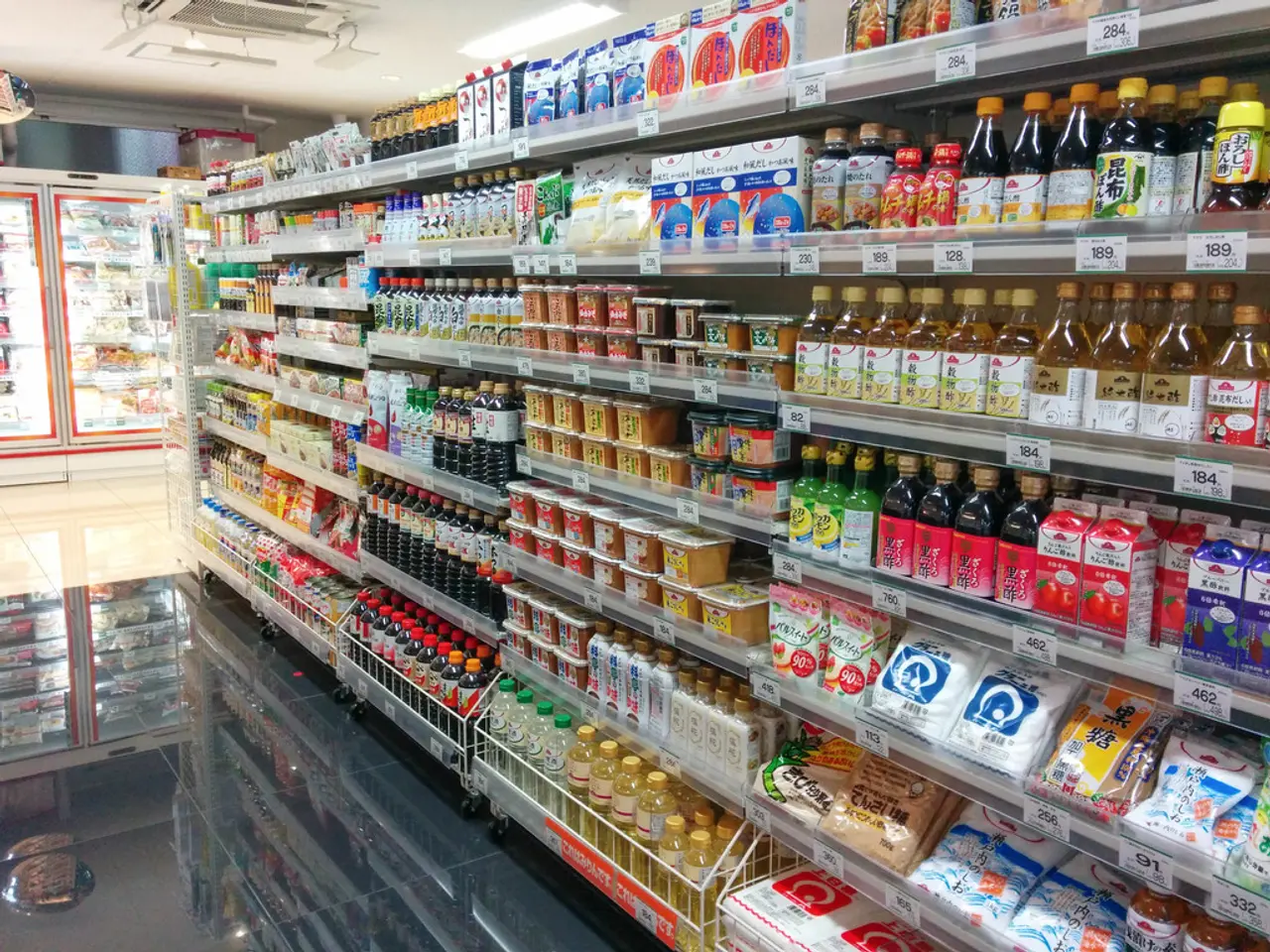Holiday shoppers resorting to credit card debt and buy now, pay later options to finance their purchases
As the holiday season approaches, retailers are adapting their strategies to cater to consumers who are becoming increasingly choosy with their spending. A recent survey by Inmar Intelligence has provided insights into the shopping habits of consumers this holiday season.
According to the survey, consumers are planning to reduce their spending on groceries and other necessities to cover their expenses. This trend is reflected in the growing number of consumers who are planning to use AI tools for holiday shopping and buy now, pay later services. About one in five millennials and Gen Z plan to use these services for holiday expenses, with 25% of respondents planning to use them for holiday spending.
The survey also found that more than a third of Americans consider buying gifts more important than their credit card balance this holiday season. However, consumers are becoming intolerant of price increases, with 50% of respondents stating they won't shop with retailers that increase their prices. This growing intolerance of price hikes is driving retailers to avoid general price increases and instead focus on maintaining or carefully managing prices while emphasizing promotional periods and better value propositions.
Retailers are frontloading inventory early in the year to avoid supply chain disruptions and potential tariff impacts. About 20% have paused or canceled unprofitable orders, signaling reluctance to accept costs that would force price hikes. The US holiday retail sales growth is forecast to be very modest at only 1.2%, much lower than usual, reflecting weaker consumer spending power and resistance to price increases.
Shoppers demand value not only in price but also in experience, personalization, and purpose. Retailers are focusing on delivering value through better service and targeted promotions rather than simply raising prices. Marketing strategies suggest a balance between value and aspiration, combining utility with emotionally rewarding offers, rather than relying on across-the-board price raises.
Mobile commerce and omnichannel approaches are important to target consumers effectively without alienating them through price increases. Some retailers, such as Walmart and Lululemon, have warned of higher prices to cope with tariffs, while others, like J.C. Penney and The Home Depot, plan to hold their prices steady. E.l.f. Cosmetics plans to increase its prices by $1.
In summary, retailers in 2025 are trending towards price stability with strategic promotions and operational agility, recognizing consumers’ growing intolerance for price hikes during the holiday season. They prepare for a tougher selling environment by optimizing inventory, timing promotions earlier, and enhancing customer experience rather than raising prices broadly. Additionally, consumers are willing to go into credit card debt for holiday purchases, indicating that retailers must balance affordability with value and personalization to attract and retain customers this holiday season.
- AI tools and buy now, pay later services are being adopted by a significant number of consumers, especially millennials and Gen Z, in their holiday shopping this season.
- More than a third of Americans prioritize buying gifts over their credit card balance this holiday season, but they are growing intolerant of price increases.
- Retailers are taking steps to avoid price hikes, such as frontloading inventory early and pausing or canceling unprofitable orders, to maintain or carefully manage prices.
- Retailers are focusing on delivering value through better service, targeted promotions, and personalization rather than raising prices across the board.
- The increasing use of mobile commerce and omnichannel approaches are essential when targeting consumers without alienating them through price increases, with some retailers electing to raise prices while others maintain steady prices for the holiday season.




